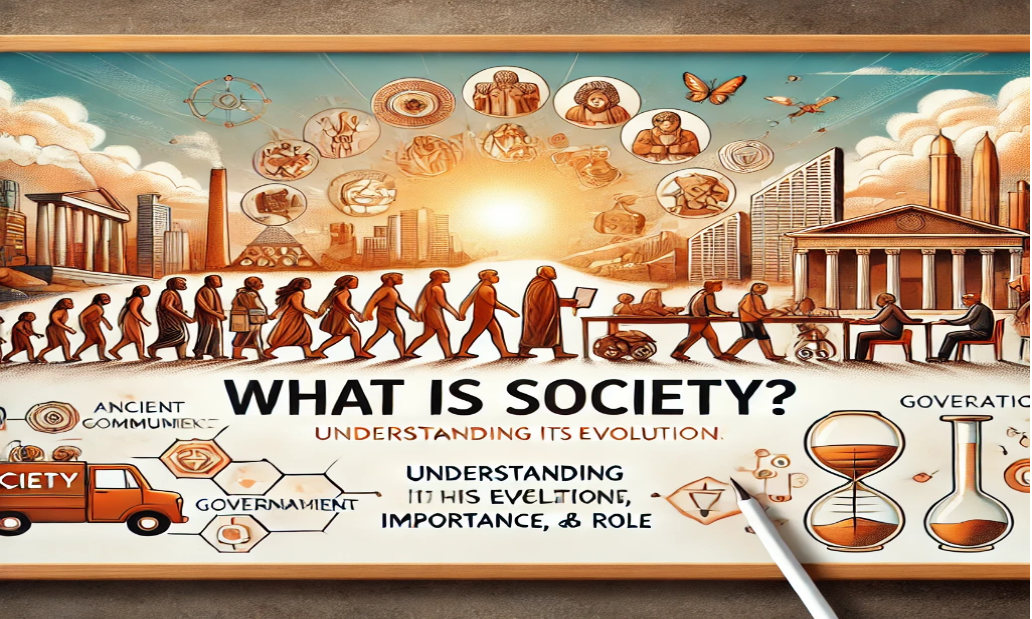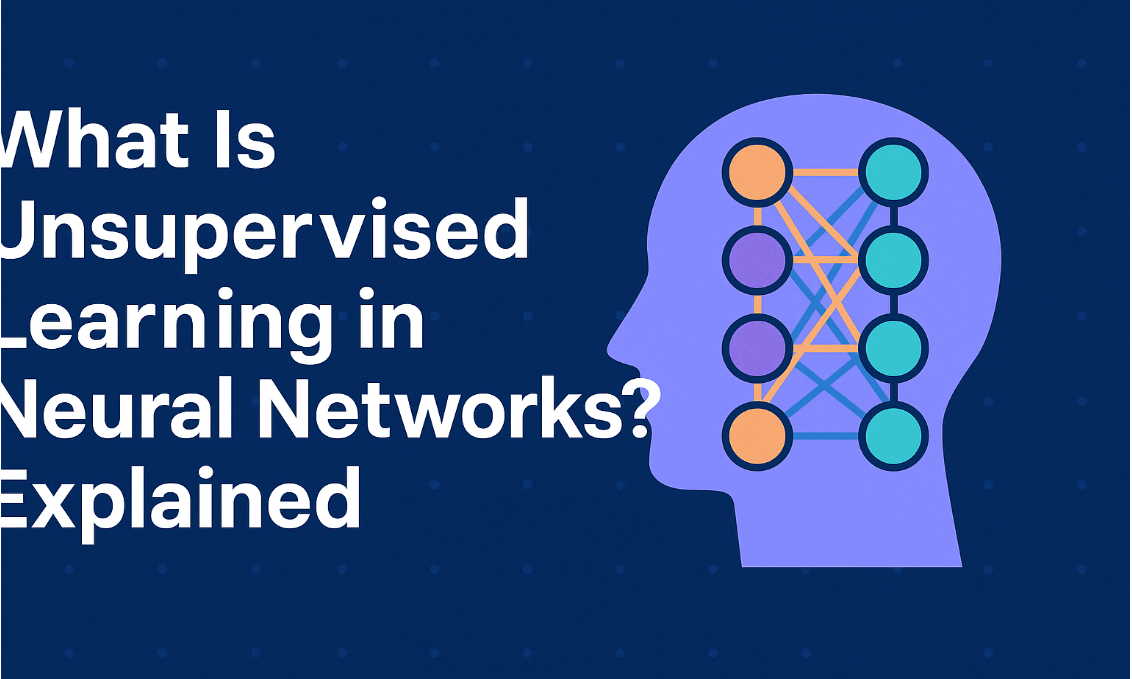
The Idea of Society: Understanding Its Concept, Importance, and Impact
Introduction
The idea of society is fundamental to human existence. Society provides structure, order, and shared values that shape our lives. It is a dynamic system that evolves with time, influenced by culture, economy, politics, and technology. Understanding the concept of society helps us navigate social relationships, resolve conflicts, and contribute positively to communal growth.
Table of Contents
What is Society?
History and Evolution of Society
Types of Societies
Importance of Society
Advantages and Disadvantages of Society
Courses and Studies on Society
Differences Between Society and Community
Results of a Well-Functioning Society
Problem-Solving in Society
Conclusion
What is Society?
Society is a group of individuals who interact with one another based on shared customs, laws, and institutions. It consists of various elements such as family, government, economy, education, and religion. A society can be small, like a local community, or large, like a nation.
History and Evolution of Society
Society has evolved through different stages:
Hunting and Gathering Societies: Early humans formed small groups for survival.
Agrarian Societies: The invention of agriculture led to permanent settlements.
Industrial Societies: The Industrial Revolution brought urbanization and economic growth.
Post-Industrial Societies: Modern societies focus on technology, information, and services.
Types of Societies
Societies can be classified based on their economic activities, governance, and social structures:
Pre-Industrial Societies – Hunting, gathering, and agricultural societies.
Industrial Societies – Based on mechanized production.
Post-Industrial Societies – Focused on information and technology.
Traditional vs. Modern Societies – Traditional societies emphasize customs, while modern societies embrace change.
Importance of Society
Provides Order and Stability – Laws and social norms regulate behavior.
Promotes Cooperation – Individuals work together for mutual benefits.
Encourages Cultural Development – Art, traditions, and customs thrive in society.
Supports Economic Growth – Societies facilitate trade, labor, and innovation.
Advantages and Disadvantages of Society
Advantages
✔ Provides security and support ✔ Enhances personal and professional growth ✔ Encourages collective problem-solving ✔ Develops moral and ethical standards
Disadvantages
✘ Social conflicts and inequalities ✘ Pressure to conform ✘ Disruptions due to technological or political changes ✘ Environmental impact of industrialization
Courses and Studies on Society
Several academic disciplines study society, including:
Sociology
Anthropology
Political Science
Economics
Cultural Studies
Courses related to society are offered in universities worldwide, preparing students for careers in policy-making, social work, and governance.
Differences Between Society and Community
| Aspect | Society | Community |
|---|---|---|
| Size | Large | Small |
| Interaction | Indirect & broad | Direct & personal |
| Structure | Complex | Simple |
| Dependency | Less emotional | Strong emotional bonds |
Results of a Well-Functioning Society
A successful society promotes:
Economic stability
Social justice and equality
Scientific and cultural progress
Peaceful co-existence
Problem-Solving in Society
Social issues like poverty, crime, and inequality require collective action. Solutions include:
Education: Awareness and knowledge-sharing.
Government Policies: Laws that promote fairness and justice.
Community Participation: Engaging in social work and volunteering.
Technological Innovation: Using technology for better communication and problem-solving.
Conclusion
Society plays a crucial role in shaping individuals and civilizations. Understanding its structure, advantages, and challenges helps us contribute to social development. By addressing societal issues with collective effort, we can create a more just and prosperous world.
Frequently Asked Questions (FAQ)
What is the main idea of society?
The main idea of society is a structured group of individuals who interact and cooperate based on shared values, norms, and institutions.
How did society evolve over time?
Society evolved from hunter-gatherer groups to agrarian, industrial, and post-industrial societies, influenced by technological and cultural advancements.
What are the different types of societies?
Societies can be pre-industrial, industrial, post-industrial, traditional, and modern, each defined by its economic and social structure.
What is the role of society in human life?
Society provides stability, cooperation, economic growth, and cultural development, shaping human interactions and progress.
How does society affect personal growth?
Society influences personal development through education, social norms, and opportunities for collaboration and innovation.
What are the major challenges in society today?
Challenges include economic inequality, climate change, political conflicts, and technological disruptions affecting human interactions.
What is the difference between society and community?
Society is a larger, complex system, whereas a community is a smaller, more personal group based on direct relationships.
How can we improve society?
By promoting education, social justice, sustainability, and technological advancements, we can enhance societal well-being.
Why is studying society important?
Studying society helps us understand human behavior, social structures, and ways to create positive change for the future.








